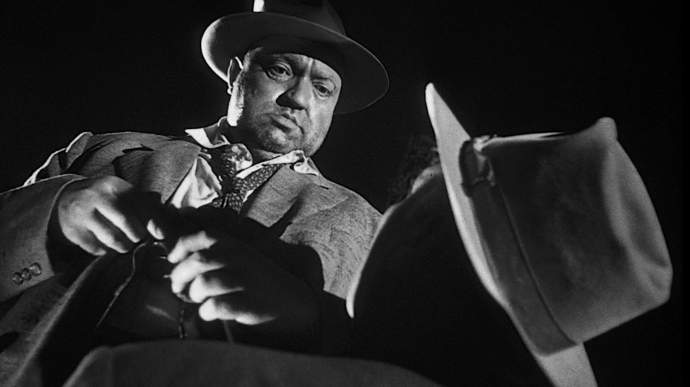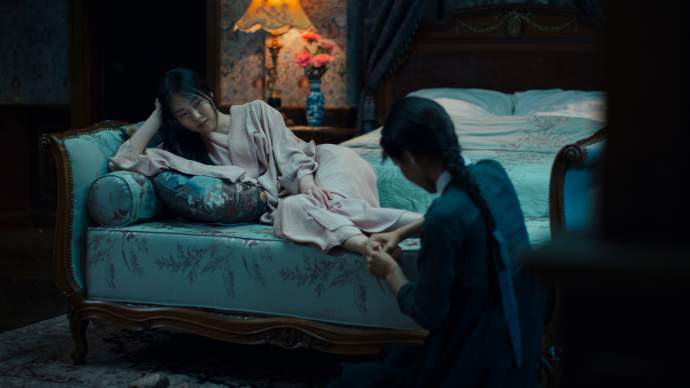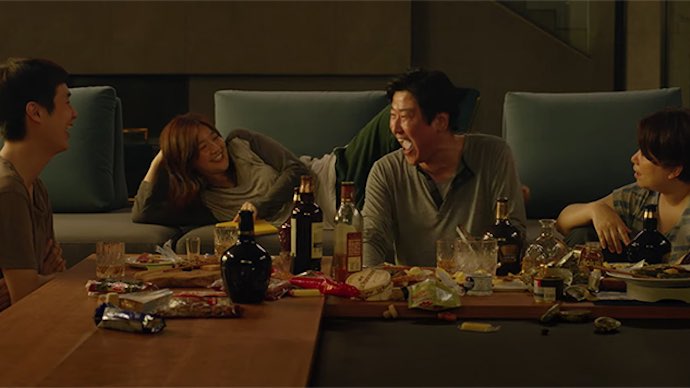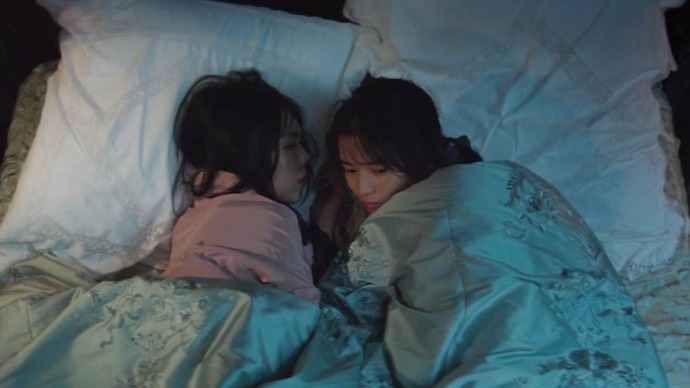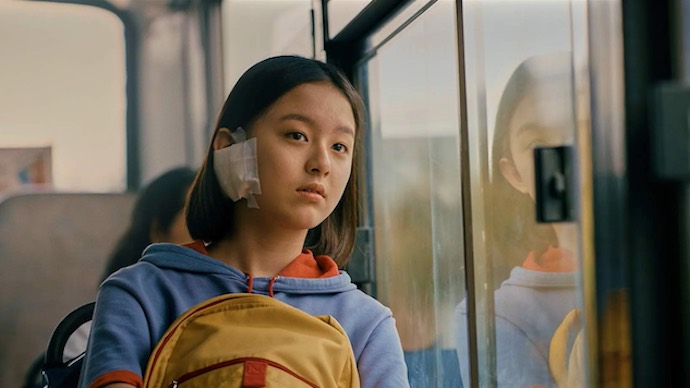The studio system ruled supreme, so motion pictures adhered to the political notions of Hollywood producers. In other words, only those who played by the studio’s rules was allowed to make their own movies—after making the ones that the studio first wanted them to make. Take Orson Welles, for example. Often described as the greatest filmmaker who ever lived, Welles spent much of his time in Hollywood ignoring those who played the system to get their movies made. Instead, he walked to whatever tune he saw fit. But that all ended when Orson Welles was ostracized from Hollywood following the completion of Touch of Evil in 1958. Years and years of publicly critizing Hollywood studios finally caught up to him, a mere eighteen years after his first film, Citizen Kane. After the Golden Age, New French Wave cinema started taking over and showed young filmmakers—such as Martin Scorsese—what was possible with the camera and independent funding. That initiated the eventual rise of independent cinema in 1970s America. The same sort of thing is happening now in modern South Korea. Unburdened by a Hollywood studio system that dictates what can and can’t be done, South Korean filmmakers are generally allowed to execute their own vision without heavy-handed interference. South Korea has produced some of the best and most original films made thus far in the 21st century—and Western filmmakers and audiences have started recognizing South Korea’s prowess as those films increasingly break through language barriers and stiff cultural mindsets. Let’s take a closer look at modern South Korean auteur cinema and the notable films that have ushered in a new age of filmmaking.
1. Parasite
Director: Bong Joon-ho If any single South Korean filmmaker carries the torch for the emergence of South Korean cinema, it’s Bong Joon-ho. His films have captured both Western and South Korean audiences, with Okja and Snowpiercer being examples of his more notable works in the West. However, it’s Bong Joon-ho’s film Parasite that really turned heads and showed what South Korean film has on offer as a whole. Parasite has a genuine claim to the title of “best film of the 21st century so far” with it becoming the first foreign-language movie to win Best Picture at the Academy Awards in 2020. Looking back at the movie now, it feels like Bong Joon-ho had been building up to it his entire career: first by establishing a reputation in the West, then by returning to his roots and producing a bonafide cinematic masterpiece that got the entire world talking and thinking.
2. The Handmaiden and Oldboy
Director: Park Chan-wook Park Chan-wook’s masterful psychological thriller Oldboy is one of the earliest examples of South Korean cinema gaining an outlet to the rest of the world, as the remarkable movie caught on with Western audiences. The film met with critical acclaim when it released in 2003, with many becoming engrossed in the mystery of Oh Dae-su’s imprisonment and the suspense of his subsequent release. Oldboy represents the start of a spark, the exciting moment when kindling catches fire for the first time. Park Chan-wook’s film is the 21st-century starting point for South Korea’s cinematic popularity and its auteur-driven stories that traverse cultural gaps. And then, when Park Chan-wook released The Handmaiden in 2016, his reputation was solidified as he proved that he wasn’t just a one-trick pony. This film also captured the same kind of global interest. In this twisting tale of a manipulative high-born lady, a scheming maid, and a controlling con artist, The Handmaiden shows a filmmaker who has fully developed into a person at the peak of their powers, with an iron-clad grasp on what needs to come across the screen. Only Parasite can compete with the popularity of The Handmaiden in terms of South Korean cinematic export, as both films were unanimously praised and celebrated worldwide. But they’re very different films, and they illustrate the kind of freedom in ambition that South Korean cinema has now come to represent for filmmakers. While Western cinema is now dominated by big budgets for famous IP-driven movies, South Korean ideals have given total freedom to their filmmakers—and showcase the abilities of those who break out of it.
3. House of Hummingbird
Director: Kim Bora While the previously mentioned films and filmmakers drove change in both global and Western cinema’s notice of South Korean pictures, Kim Bora’s House of Hummingbird doesn’t fall within the same purview. House of Hummingbird is the tale of a young high school girl named Eun-hee and her 1994 experience of being sent to a cram school by her parents due to her poor grades. It’s a smaller and more intimate kind of film—more delicate, more tactile, yet wholly without restraint. Eun-hee is not wealthy. She isn’t a good student. And she suffers abuse from her older brother, who’s favored by her parents due to his gender. The film unravels to show what life is to a girl in that position, which is something that millions of South Koreans alone can understand. What makes Eun-hee’s tale so evocative are her inner feelings and thoughts, which are always on display to the audience through her wonderful drawings. They drive her forward, with the people around her learning their own paths, too. All of it gives the film a tone that makes us remember the confusion and delicate balance to life that we all needed to strike as we grew up. Kim Bora based much of the film upon herself, a quality that makes the picture a wholly realized experience that’s entirely engrossing. Read next: The best Korean drama actresses
